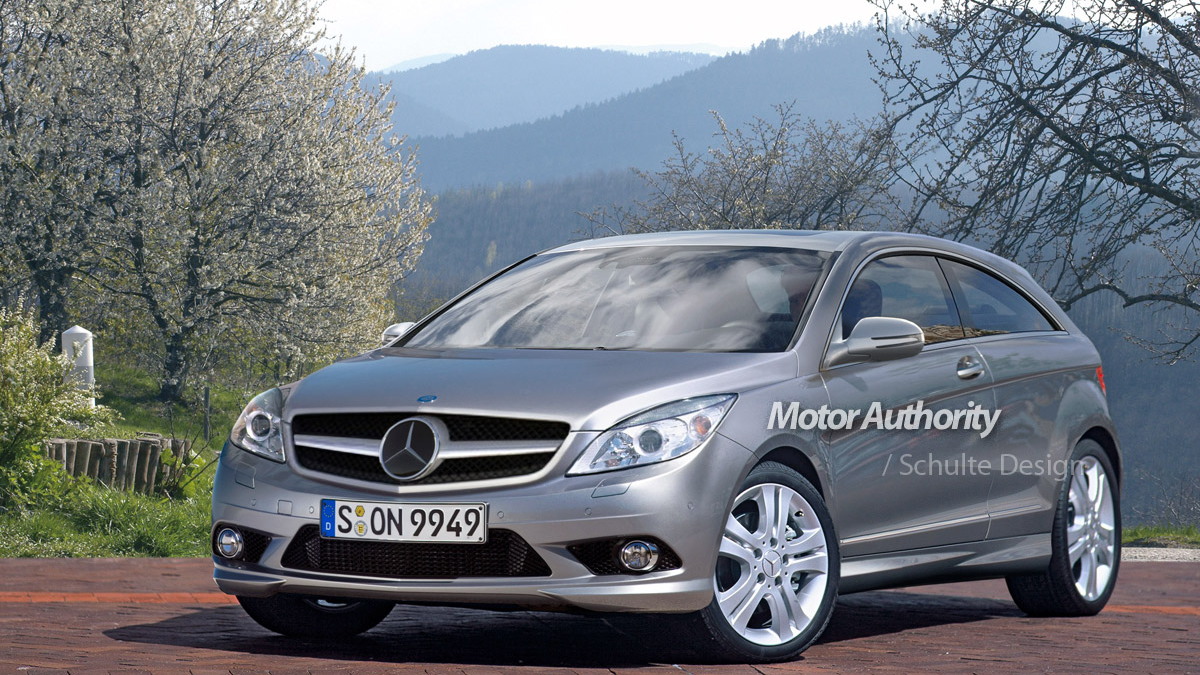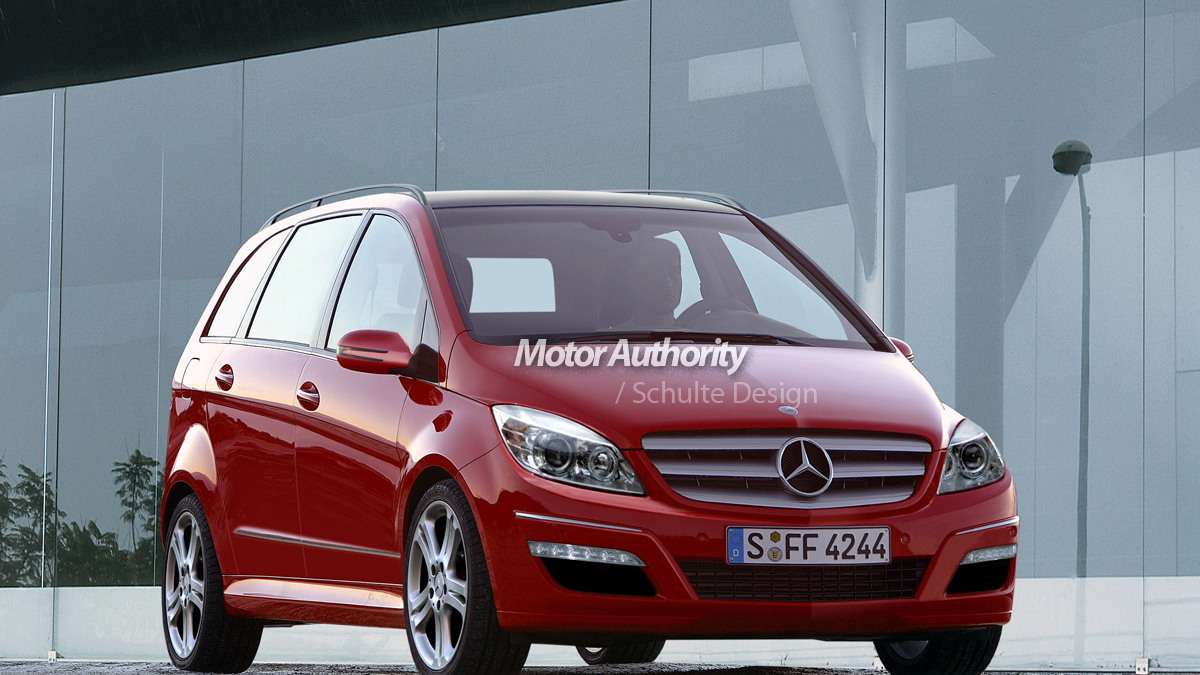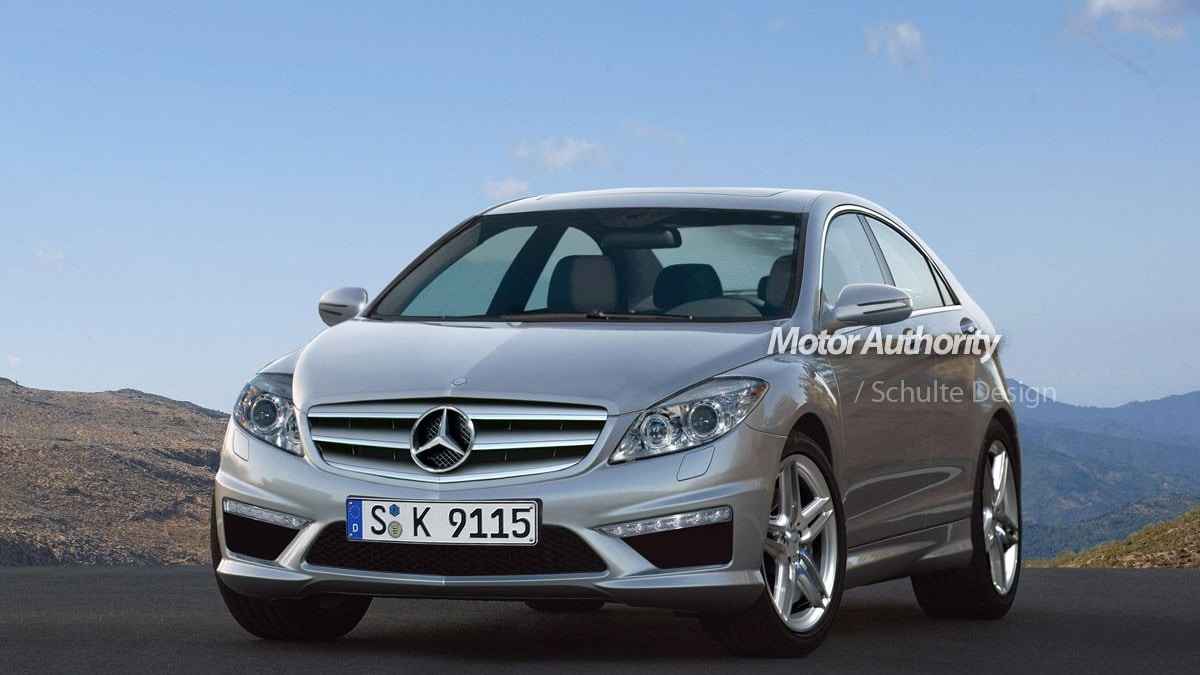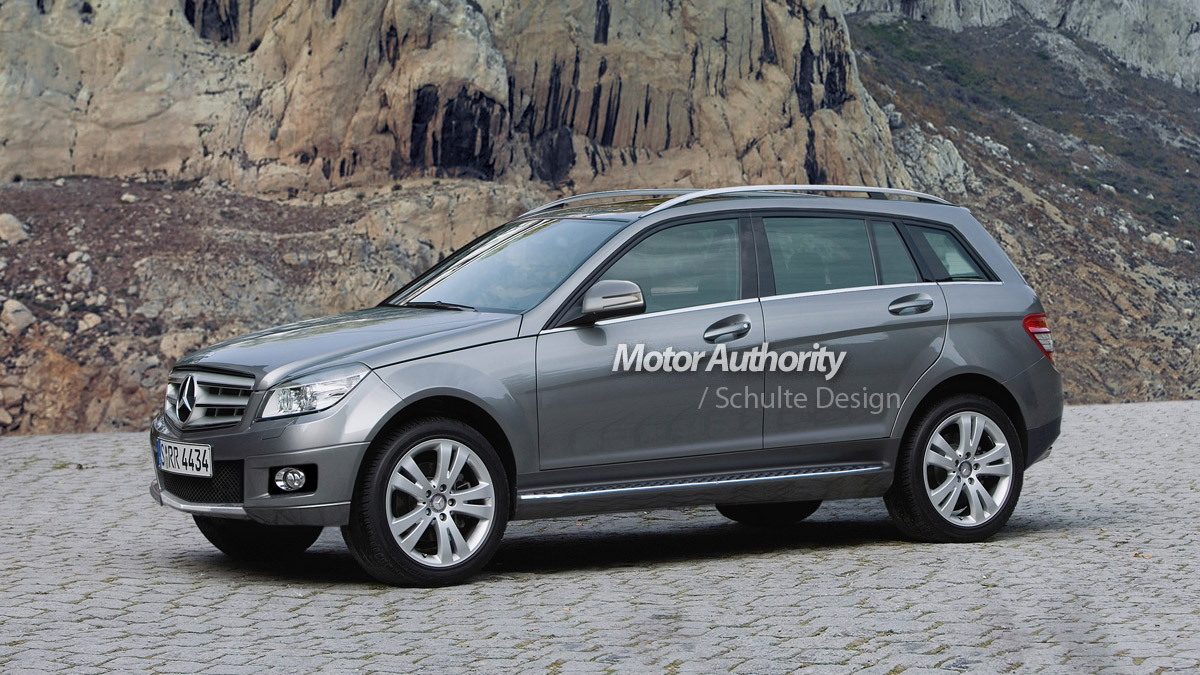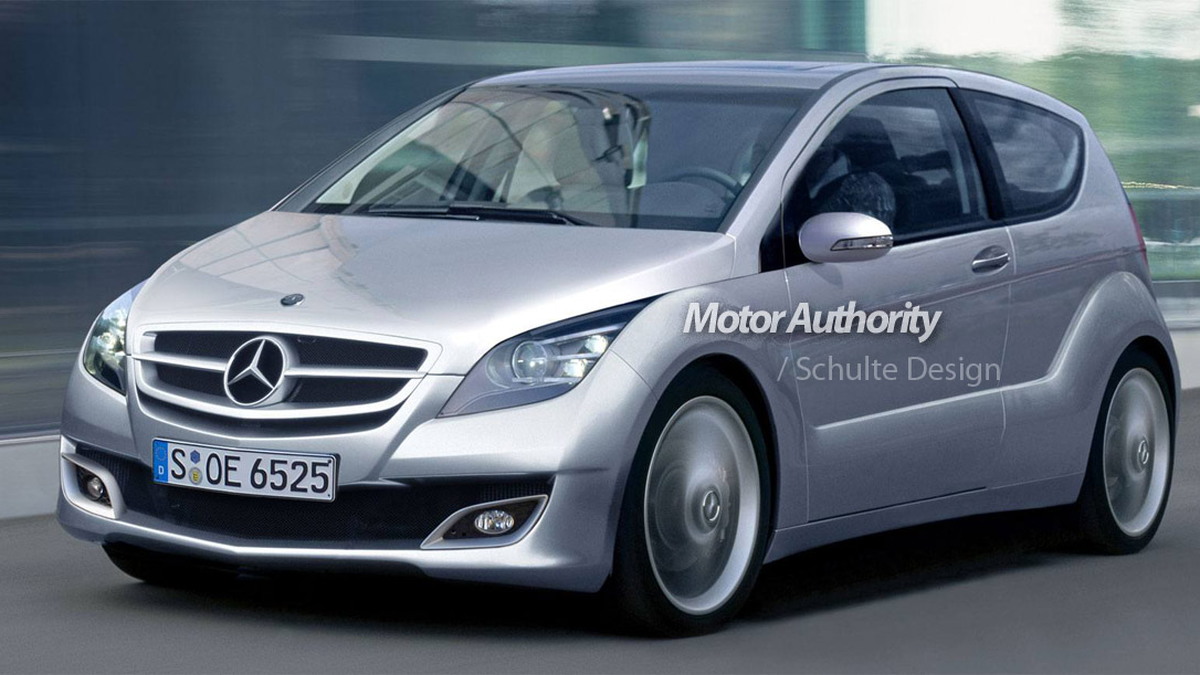New confirmation that the small cars are still being considered for sale comes today via Auto Motor & Sport, speaking with Stephen Cannon, vice president of marketing at Mercedes' U.S. offices. No final decision for the U.S. has yet been made, however.
Executives previously reversed a decision to bring the current B-Class Stateside because of fears it would damage the luxury brand’s exclusivity and the low dollar exchange rate would make it too expensive - simply put, the mid-cycle inclusion of the current B-Class doesn't make business sense.
However, unexpectedly strong sales of the Smart fortwo minicar are prompting renewed interest in selling the A-Class and B-Class Stateside, but two major hindrances remaining to the decision include exchange rates and pricing, though the company hopes the next-generation car will be able to overcome these with lower costs.
Because the A-Class and B-Class would have to be imported to the U.S., the weak status of the dollar in relation to the euro make for difficult cost-recovery even on low-cost cars, however, and pricing within the realm of acceptable small-car ranges - even at the premium end of the spectrum - is likewise tough, thanks to the generally low prices in the U.S.
Mercedes’ U.S. CEO, Ernst Lieb, is still unsure how well a Mercedes branded car positioned below the C-class would sell in America. "Today when I talk to customers, I really wonder if they are ready for a small car," he said, but he knows that younger customers who’ve driven the B-class and the smaller A-class in Europe are “open to it”.
The next-generation of A and B-Class models will be based on a less expensive platform than the current model and will be sourced from a new low-cost plant in Kecskemet, Hungary around 2011.
In addition to the regular hatch models, a new crossover is expected, as are coupe and cabrio versions designed to compete with BMW’s 1-series range and upcoming X1 crossover. An electric variant is also expected, according to some reports, and the whole range could be replaced by a new family of compacts as well.
